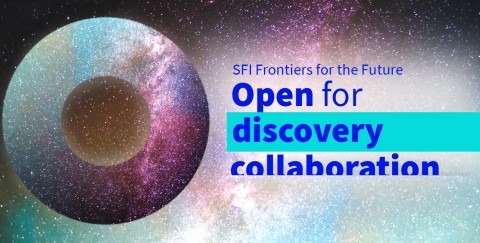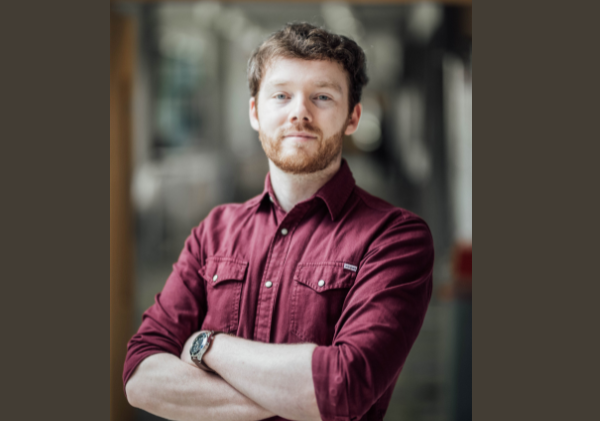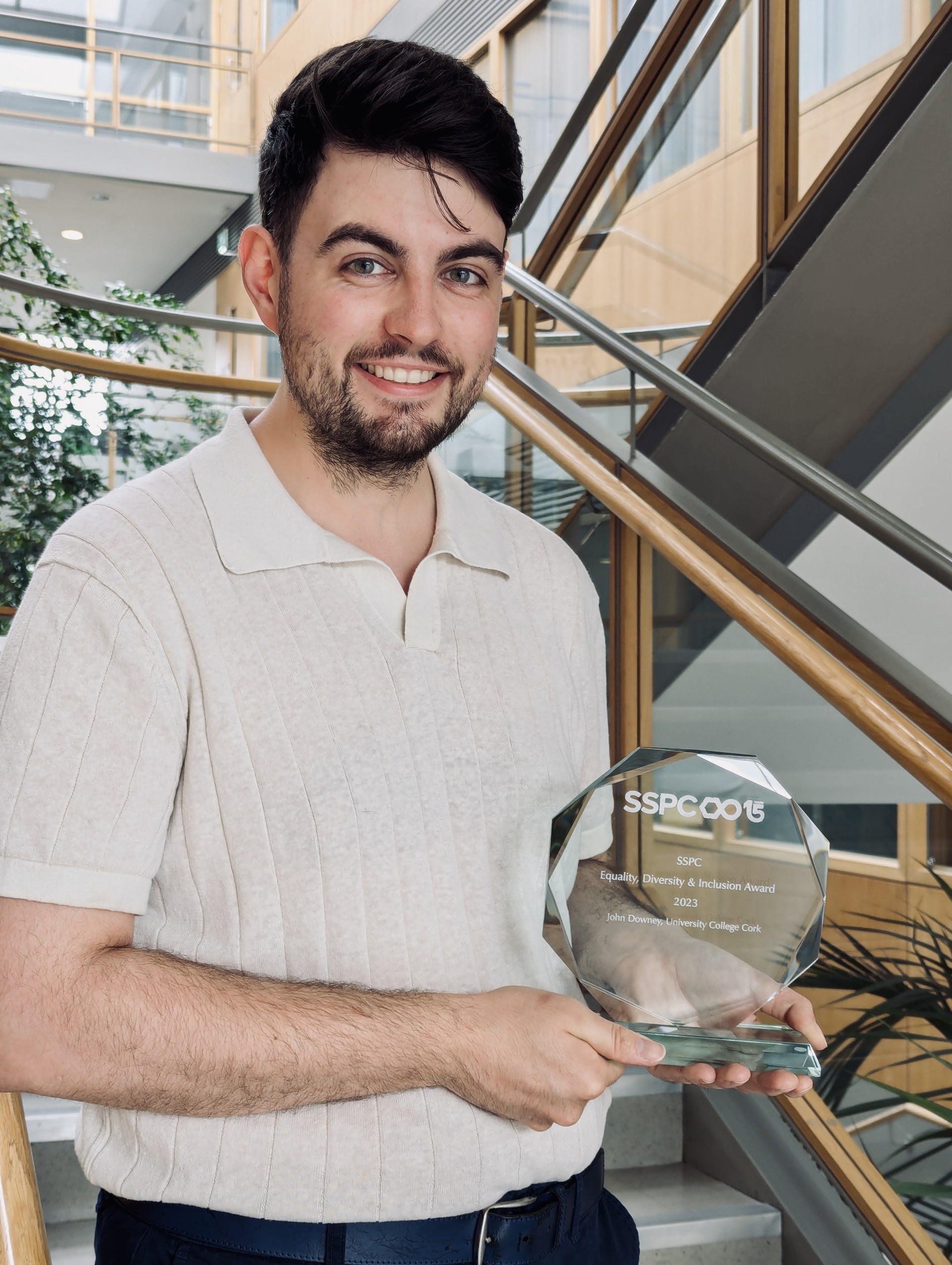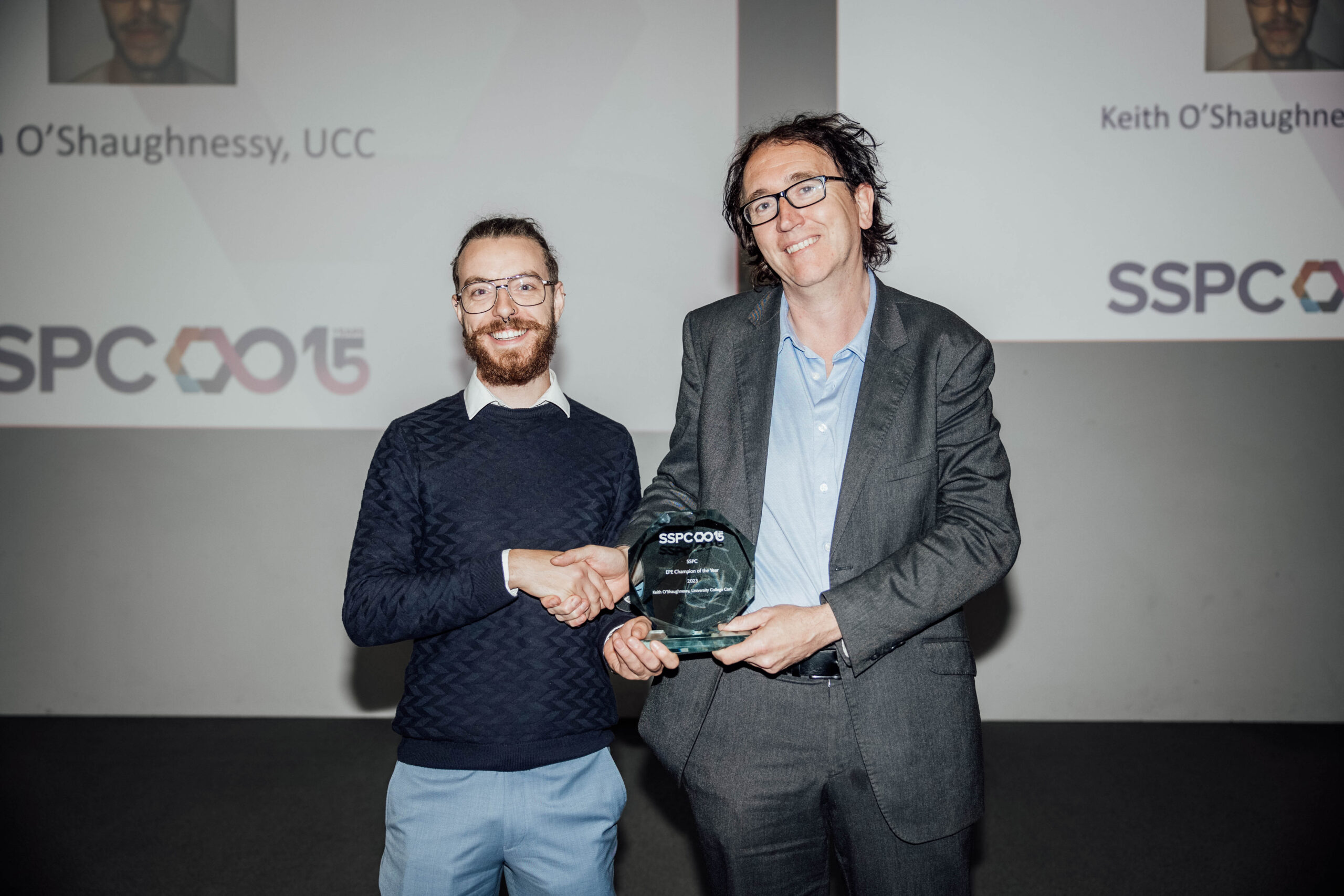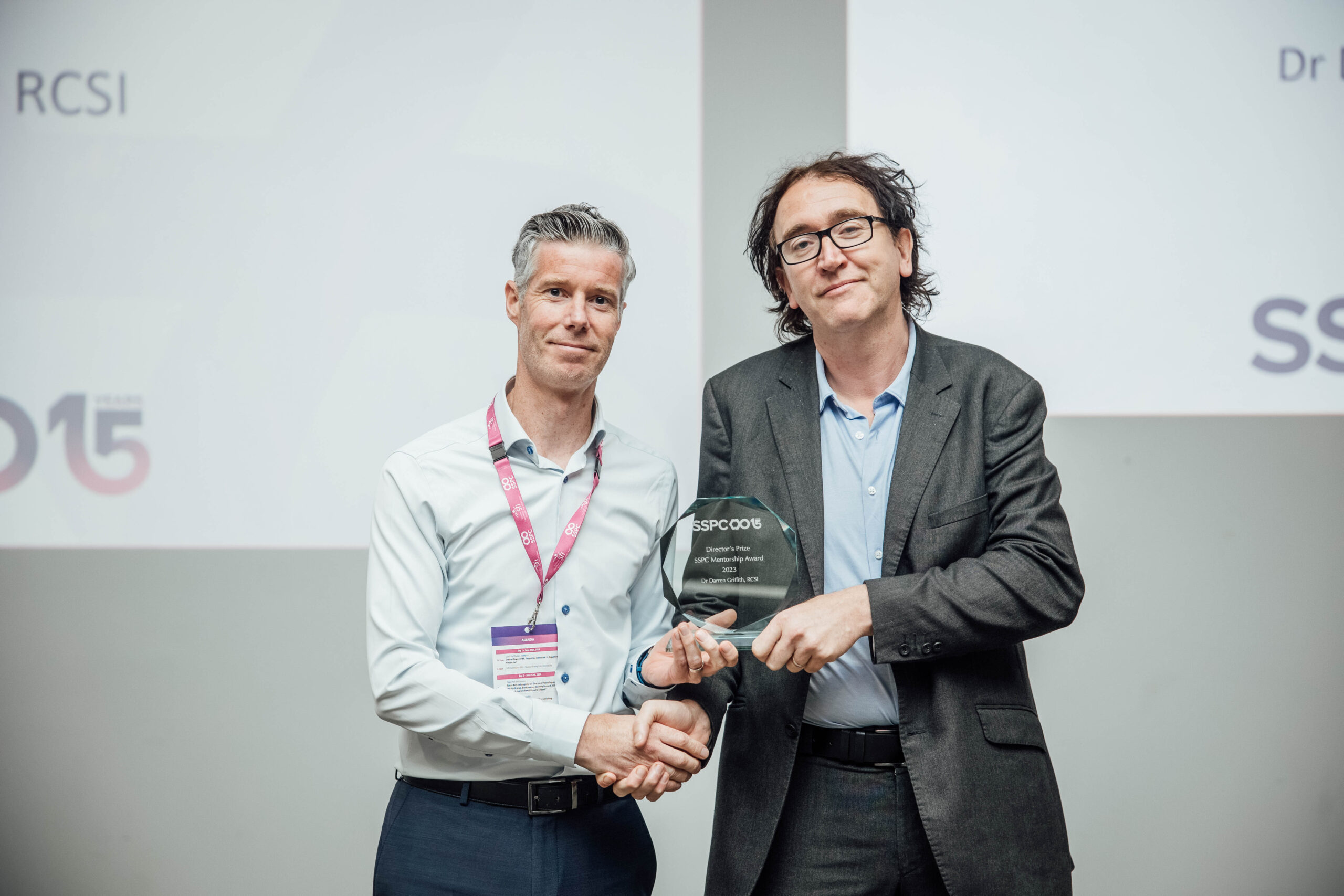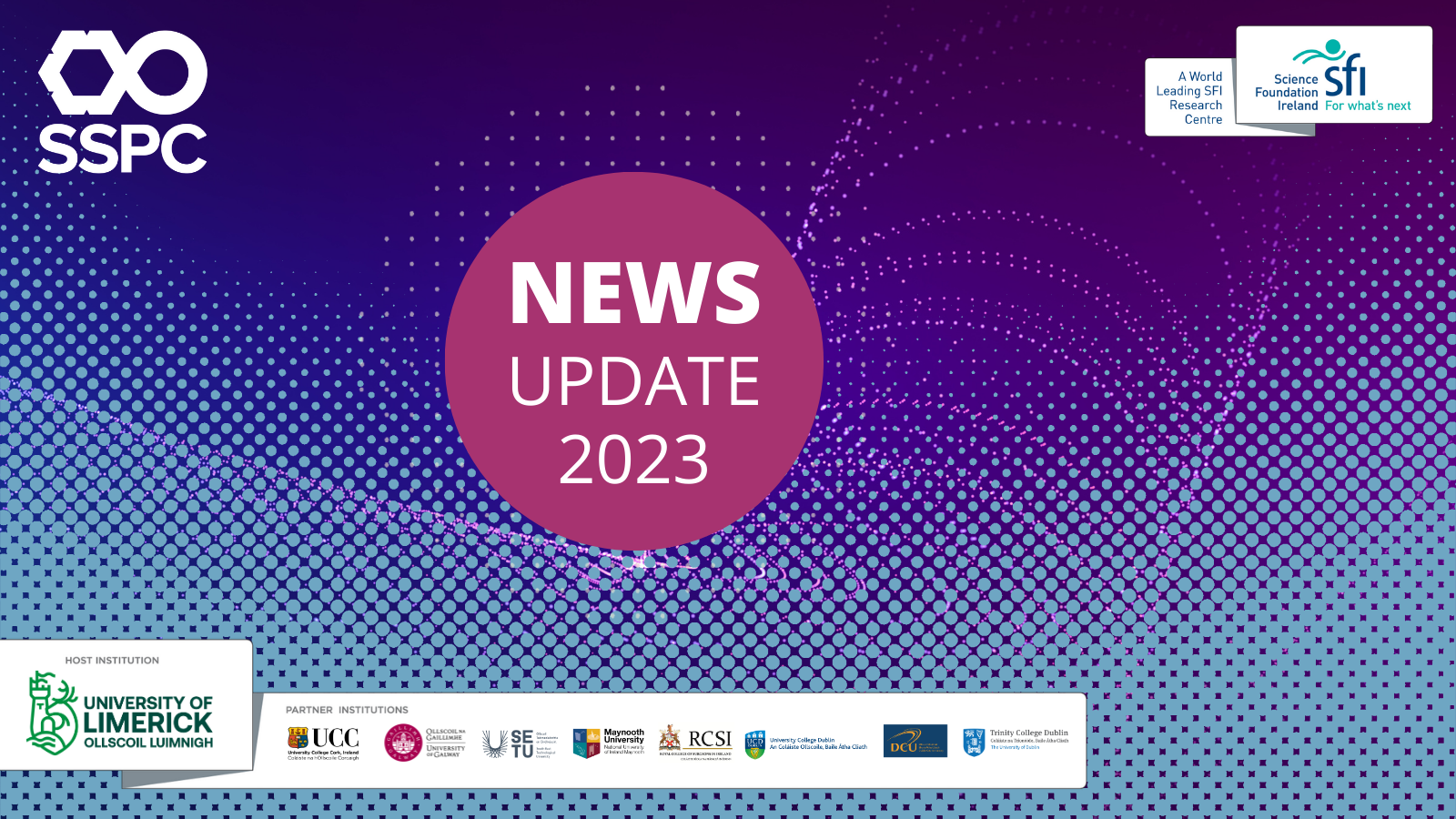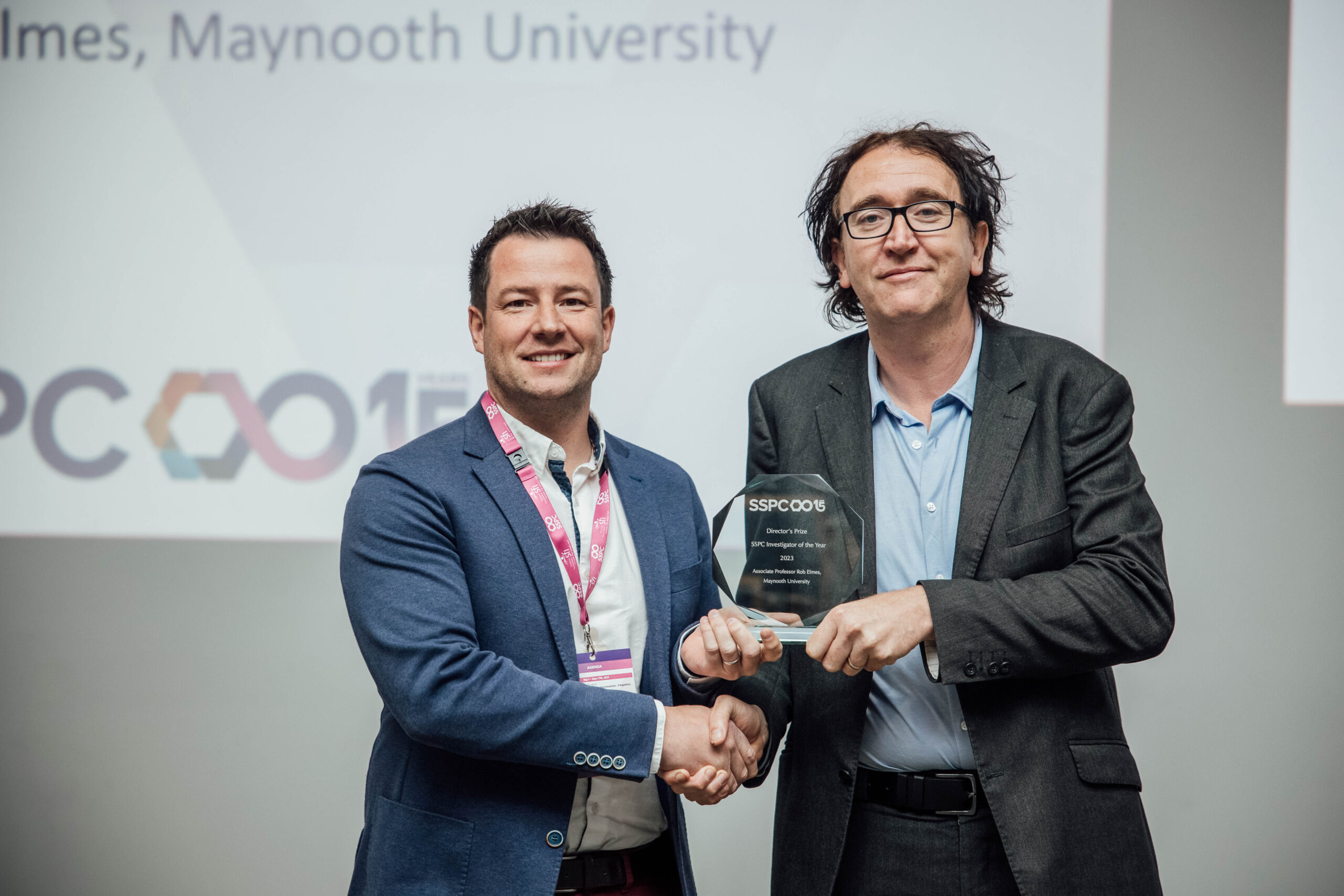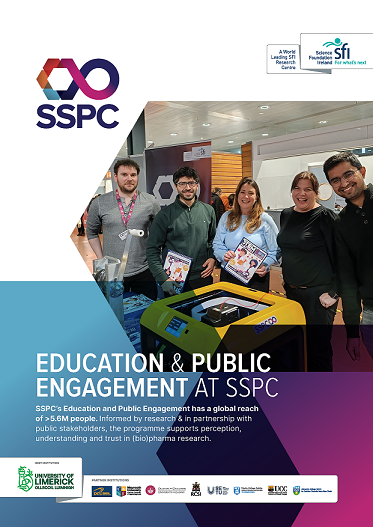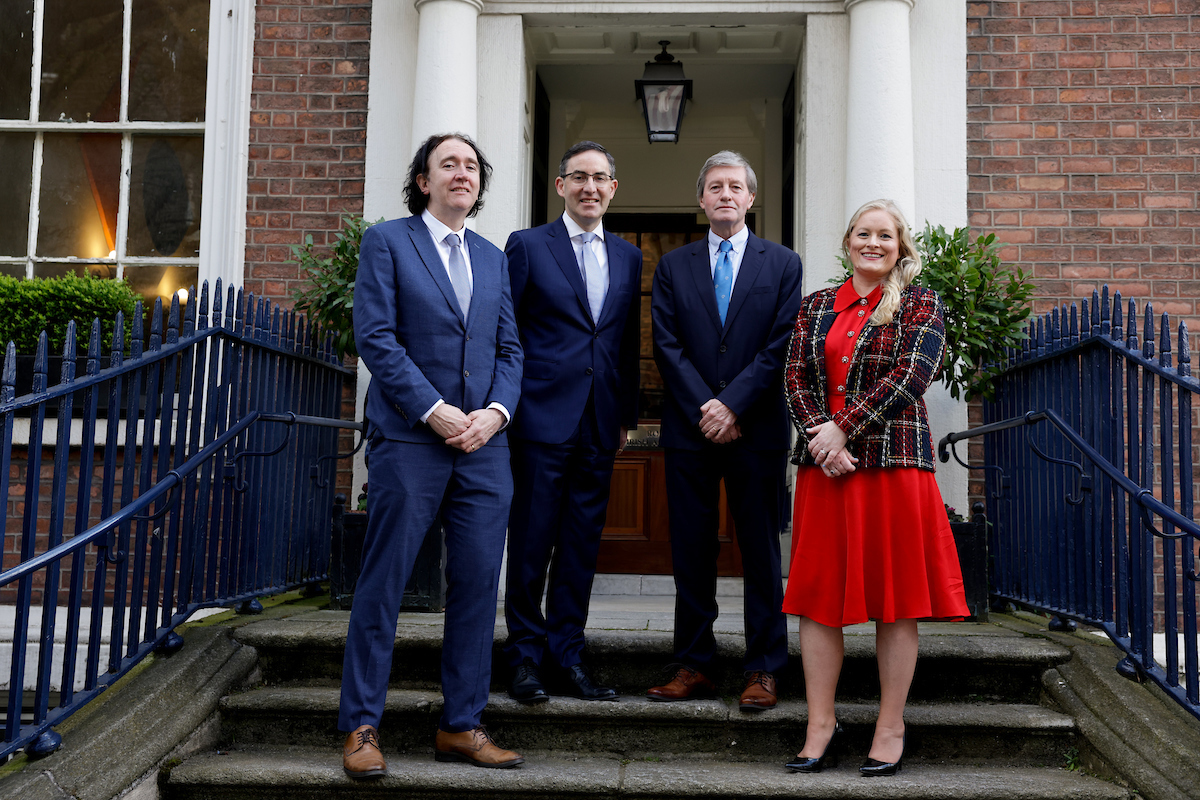10 May 2022, Dublin: Minister for Further and Higher Education, Research, Innovation and Science, Simon Harris TD, has today announced 76 grants valued at €53.7 million to support frontiers research across ten Higher Education Institutions through Science Foundation Ireland (SFI).
The research supported will investigate areas such childhood ADHD, future coastal sea levels, new generation batteries, antiviral drugs to treat Covid-19 infections, safety critical software, the link between obesity and cancer and the futureproofing of crops to withstand flooding.
In line with SFI’s gender strategy, the programme seeks to provide opportunities to address gender imbalance and to provide support for investigators returning to research after a period of leave. 42% of the research grants supported will be led by female researchers and 32% by emerging investigators early in their research careers.
The programme is run in collaboration with Geological Survey Ireland and the Sustainable Energy Authority of Ireland (SEAI) who are co-funding a number of the grants.
Professor Philip Nolan, Director General of SFI said: “After the success of the first SFI Future Frontiers Programme in 2020, I am delighted to see 76 research grants awarded. The research programmes are wonderfully diverse, but they have one thing in common: they ask fundamental questions and will lead to important scientific breakthroughs, with important applications in areas such as climate action, biodiversity, human and animal health and digital transformation, with real and lasting benefits to our society and economy. The SFI Frontiers for the Future Programme is a key element of SFI’s new strategy – Shaping Our Future providing support for excellent research.“
SSPC investigator projects include:
Prof. Vivek Ranade, University of Limerick: ‘Factory in a Box’ for Personalised Products based on Emulsions [FabPRO]
Personalised products are gaining significant attention in personal care, food and medicine sectors. There is an urgent need to develop new ways to manufacture personalised products with desired properties on-demand. This project aims to develop novel ways of producing liquid–liquid emulsions (used widely in upcoming personalised products) with desired attributes using a compact and modular ‘factory in a box’ platform. The project will develop new insights, devices and computational models to realise such ‘factory in a box’ platforms. The project will facilitate realisation of truly distributed manufacturing of personalised products and have significant impact on manufacturing in Ireland and beyond.
Dr Anne Moore, University College Cork:
Induction of Broad Systemic and Mucosal Immune Responses by Non-injected Stable Vaccines
New vaccine technologies are urgently needed to address logistic issues of getting vaccines to where they are needed; with respect to the supply chain and to the ideal anatomical location and secondly, to provide broader protection to new viruses. Our objective is to understand how two promising technologies, an oral tablet or a skin patch, work at the cellular and molecular level in the blood, gut and respiratory tract. Both technologies extend the vaccine’s shelf-life and eliminate needles-and-syringes. The findings will underlie developments of effective, easy-to-administer vaccines and will eventually result in improved global vaccines access and public health.
Dr Gerard McGlacken, University College Cork: SOSEarth: Sustainable Organic Synthesis using Earth Abundant Metals for Critical Pharmaceutical Transformations
The SOS Earth (Sustainable Organic Synthesis using Earth-Abundant Metals in Critical Pharmaceutical Processes) project will help generate a more sustainable and self-sufficient approach to sourcing materials by replacing increasingly scarce and toxic metals such as palladium with more abundant and less-toxic metals such as manganese. The project aims to bring the science behind this sustainable approach to mainstream academia by 2025, and the pharmaceutical sector shortly thereafter. Longer term it is hoped the project’s wide-ranging impacts will include more sustainable access to Active Pharmaceutical Ingredients (APIs). The concerns surrounding the current use of transition metals are numerous – they are often toxic, their scarcity means mining the metals from the Earth’s crust is corrosive, and the vast majority the world supply of palladium metal originates from just two counties (Russia and South Africa).
Dr Peter Byrne, University College Cork: Catalytic Wittig CO2 Utilisation Methodology for Sustainable Production of Carboxylic Acids Derivatives
This project will involve development of processes that enable waste products such as carbon dioxide (a greenhouse gas) to be exploited as resources rather than being disposed of as waste. These processes will be utilised to build valuable carbon-based products including chemical compounds that are used as medicines (pharmaceuticals). They will also enable the discovery and development of new medicines. Development of these processes will constitute an important advance in enabling sustainable use of the resources available to us to make the products we need.
Marcus Baumann, University College Dublin (UCD): Continuous Flow Biocatalysis for High Value Products Exploiting Enzyme Cascade Processes
The supply of chemical products (pharmaceuticals, agrochemicals, fragrances etc.) is vital to support modern life as we know it. The required chemical building blocks needed to prepare these active ingredients rely on chemists that are able to make any molecule imaginable. One major drawback of this endeavor is the necessity to use reagents that will be converted into harmful chemical waste. This project outlines modern synthesis approaches exploiting enzymes as non-toxic reagent and catalyst equivalents providing a significantly more sustainable means to make the molecules needed for our lives. To enhance their overall performance continuous flow processing technologies are exploited.
Ioscani Jimenez del Val, University College Dublin (UCD): Dial-A-Sugar: Model-Predictive Control of biopharmaceutical glycosylation
Complex sugars are attached to many biological medicines (biologics) that are used to treat debilitating and life-threatening illnesses, such as arthritis, multiple sclerosis, and cancer. The sugars determine how well biologics do their job when given to patients. Certain sugars can increase the cancer-killing ability of biologics, while others may cause dangerous allergic reactions.
The processes used to produce biologics are unable to guarantee that the correct sugars will be attached to the medicine. This project proposes a completely new strategy that combines genetic engineering with advanced mathematics to make sure that biologics with the best sugars are always produced.

